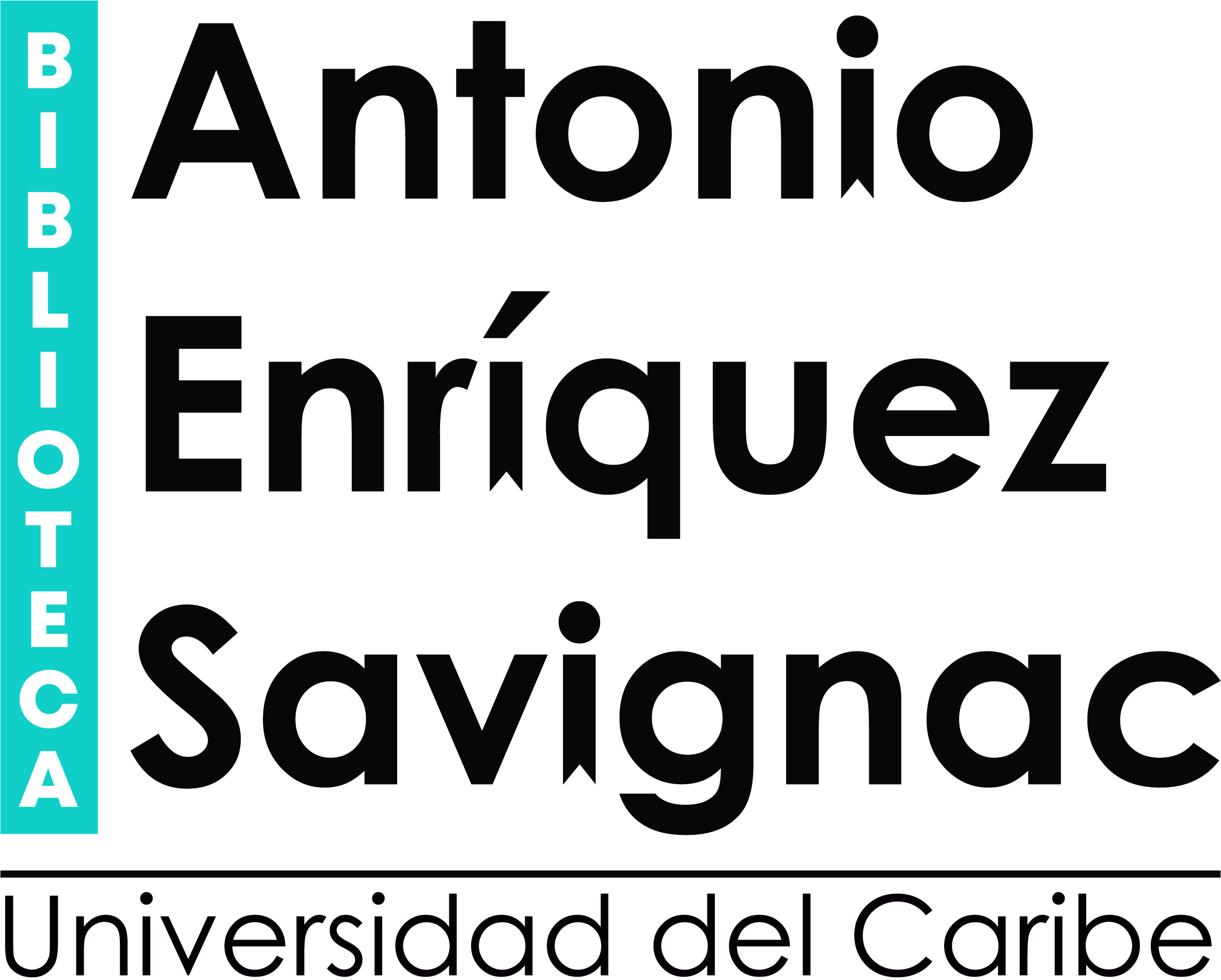Narrating the organization : dramas of institutional identity / Barbara Czarniawska
Tipo de material: TextoSeries Detalles de publicación: Chicago, Ill. : University of Chicago Press, c1997Descripción: vii, 233 p. ; 23 cmISBN:
TextoSeries Detalles de publicación: Chicago, Ill. : University of Chicago Press, c1997Descripción: vii, 233 p. ; 23 cmISBN: - 0226132285 (cloth : alk. paper)
- 0226132293 (pbk. : alk. paper)
- HD 58 .7 C93
| Tipo de ítem | Biblioteca actual | Biblioteca de origen | Colección | Signatura topográfica | Copia número | Estado | Notas | Fecha de vencimiento | Código de barras | Reserva de ítems | |
|---|---|---|---|---|---|---|---|---|---|---|---|
 Libros para consulta en sala
Libros para consulta en sala
|
Biblioteca Antonio Enriquez Savignac | Biblioteca Antonio Enriquez Savignac | COLECCIÓN RESERVA | HD 58 .7 C93 (Navegar estantería(Abre debajo)) | 1 | No para préstamo | Innovacion Empresarial | 029629 |
Incluye referencias bibliográficas (p. 213-226) e índice
Introduction, or Complex Phenomena Need Complex Metaphors -- The Narrative in Culture Studies -- On Dramas and Autobiographies in the Organizational Context -- Interpretive Studies of Organizations: The Logic of Inquiry -- Enacting Routines for Change -- Serials: Innovation and Repetition -- Talking Numbers: Preferences and Traditions -- A Quest for Identity -- Paradoxical Material -- Changing Devices -- Constructing Narratives -- Notes
"The most common social phenomenon of Western societies is the organization, yet those involved in real-world managing are not always willing to reveal the intricacies of their everyday muddles. Barbara Czarniawska argues that in order to understand these uncharted territories, we need to gather local and concrete stories about organizational life and subject them to abstract and metaphorical interpretation. Using a narrative approach unique to organizational studies, Czarniawska employs literary devices to uncover the hidden workings of organizations. She applies cultural metaphors to public administration in Sweden to demonstrate, for example, how the dynamics of a screenplay can illuminate the budget disputes of an organization. She shows how the interpretive description of organizational worlds works as a distinct genre of social analysis, and her investigations ultimately disclose the paradoxical nature of organizational life: we follow routines in order to change, and decentralize in order to control. By confronting such paradoxes, we bring crisis to existing institutions and enable them to change."--P. Web editorial
Fondos Universidad Compra 20120503 372.00

